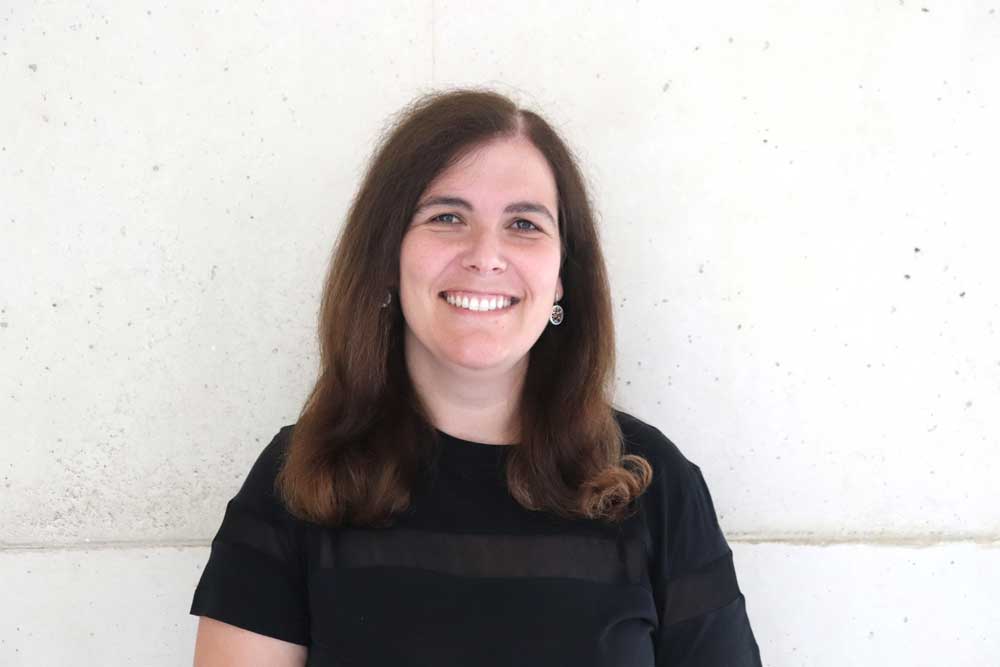Our research is focused on the characterization of the mechanisms of cellular dynamics, cross-talk and networks, to identify new targets that will guide the engineering of translational nanotechnology-based systems for drug delivery, imaging and immunotherapy in specific clinically relevant situations (cancer, inflammation, infectious and genetic diseases).
Translational drug delivery systems (Emerging technologies)
Development of scalable formulation procedures for the delivery of small molecules, oligonucleotides (e.g., mRNA, siRNA, miRNA), proteins, peptides via several administration routes (e.g. parenteral, pulmonary, transdermal, ocular, nasal and oral) for the treatment and diagnosis of cancer, inflammatory and infectious diseases.
Multifunctional delivery systems for immunomodulation (Oncology)
Development of multivalent systems to modulate the recognition, capture, processing and presentation of antigens by dendritic cells, against cancer. It includes the association of nanovaccines with chemo-immunotherapeutic agents designed to modulate the function and activation of immune and stromal cells within tumor site.
Bridging biophysics and cell biology to improve therapeutics’ efficacy and safety (Emerging Technologies)
We apply advanced fluorescence microscopy methodologies to characterize the interaction of therapeutics with cell membranes, and subsequent impact on cell function and pathology. We apply this knowledge in the development of safe and efficacious therapies addressing unmet medical needs.
Advanced vaccine drug delivery formulations (Infectious diseases)
Development of multivalent systems suitable for the delivery of combinations of antigens (mRNA, proteins, peptides) and adjuvants (e.g. lipids, oligonucleotides) to modulate the recognition, capture, processing and presentation of antigens by dendritic cells. We modulate the physicochemical properties of our disruptive platforms accordingly to the desired administration route, and thereby to the site of action.
- May 1, 2021
- Drug Delivery & Immunoengineering
- December 30, 2020
- Drug Delivery & Immunoengineering
- July 13, 2020
- Drug Delivery & Immunoengineering
- October 1, 2019
- Drug Delivery & Immunoengineering
- August 5, 2019
- Drug Delivery & Immunoengineering

Helena Florindo
Group Leader
Email: hflorindo@ff.ulisboa.pt
Phone: (+351) 217946400 (Ext.14244)
View Profile- Lab keywords:
- Nanotechnology; Dendritic cells; vaccines; Lipids; Immunotherapy
- Primary area of ıntegration within imed:
- Oncology, Scientific Hub
- Secondary area(s) of ıntegration within imed:
- Emerging Technologies, Infectious Diseases, Pharma Industry, Scientific Hub, Technologic Hub

